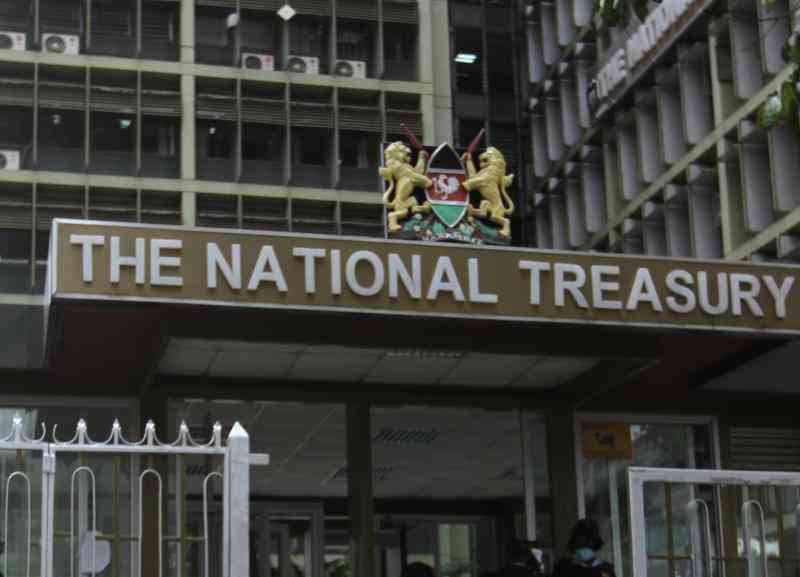×
The Standard e-Paper
Smart Minds Choose Us

The National Treasury building in Nairobi. [Elvis Ogina, Standard]
The International Monetary Fund (IMF) has granted a loan to Kenya worth $447.39 million (Sh55.1b) under the Extended Credit Facility and Extended Fund Facility arrangements.